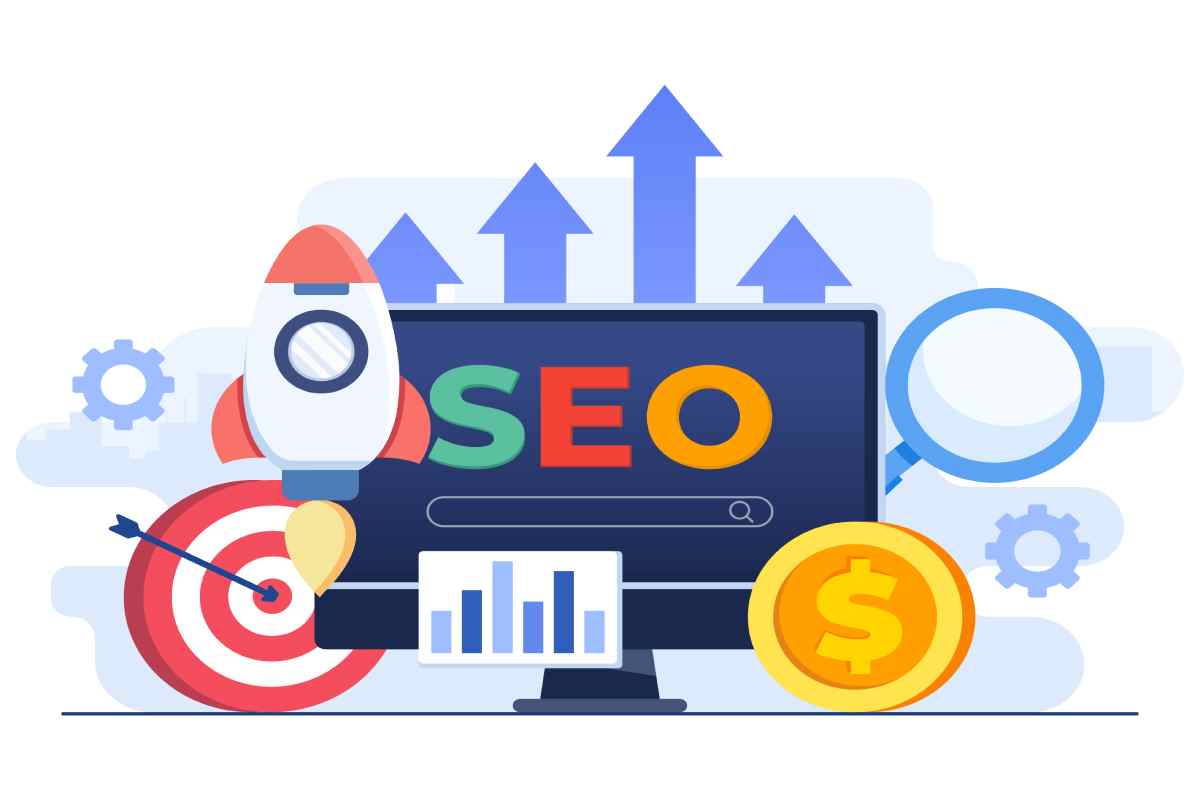Implement Topic Clusters for Semantic Relevance
A key advanced SEO technique is the use of topic clusters to create content ecosystems that enhance semantic relevance. Instead of targeting isolated keywords, you create a pillar page covering a broad subject and link it to multiple related content pieces. This structure improves internal linking and helps search engines understand context and depth. Topic clusters signal authority and comprehensive coverage, improving ranking potential across an entire category. Integrating this approach into your SEO strategy ensures that your site architecture supports both user experience and search intent in a scalable, logical format.
Optimize for Featured Snippets and SERP Features
Earning featured snippets is a highly effective way to increase visibility in SEO. These rich results appear at the top of Google’s search engine results page (SERP) and offer high click-through rates. To target them, structure content with clear headings, use bullet points or numbered lists, and answer user queries concisely. Adding schema markup enhances eligibility for other SERP features like FAQs and reviews. By aligning your content format with what Google favors, you increase the chances of dominating position zero, a vital element in any advanced SEO plan.
Leverage Log File Analysis for Crawl Optimization
Log file analysis is an advanced SEO tactic used to examine how search engine bots interact with your site. By reviewing server logs, you can identify crawl frequency, detect crawl waste, and uncover indexing issues. This data enables you to prioritize important pages, fix broken links, and streamline site structure. Tools like Screaming Frog or JetOctopus can assist with parsing logs and visualizing crawler behavior. Improving crawl efficiency allows better budget allocation by bots and ensures key pages are indexed regularly, strengthening the overall health of your SEO strategy.
Implement Entity-Based SEO and Semantic Search
With Google’s evolving algorithm, focusing on entities rather than just keywords is essential in modern SEO. Entities are people, places, or concepts that search engines recognize and connect semantically. Incorporating entities helps Google interpret content contextually, improving relevance and rankings. Use structured data, authoritative references, and clearly defined content relationships. Tools like Google’s Knowledge Graph API or MarketMuse can guide entity inclusion. By aligning content with semantic search principles, you enhance discoverability and signal topical authority, which are critical components of advanced SEO.
Focus on E-A-T: Expertise, Authoritativeness, Trustworthiness
E-A-T (Expertise, Authoritativeness, and Trustworthiness) has become a defining factor in high-level SEO performance. Google values content created by experts, backed by credentials, and published on reputable domains. To enhance E-A-T, include author bios, link to credible sources, obtain mentions on high-authority sites, and secure quality backlinks. Regularly update outdated content to maintain accuracy. Industries like health, finance, and law are particularly scrutinized under E-A-T standards. Building trust with users and search engines through quality and transparency solidifies long-term SEO success.
Utilize Programmatic SEO for Scalable Content
Programmatic SEO allows you to create hundreds or thousands of landing pages automatically based on data sets, useful for targeting long-tail keywords at scale. This approach is commonly used in e-commerce, job boards, and local directories. Templates are developed to generate unique, optimized pages for variations of keywords, locations, or product types. Ensure content remains high-quality and includes schema markup and localized signals. When done right, programmatic SEO provides massive reach and drives targeted traffic with minimal manual input, making it a powerful technique for high-growth websites.
Conclusion
Mastering advanced SEO techniques is critical for businesses aiming to outperform in competitive digital landscapes. From implementing semantic content strategies and targeting featured snippets to enhancing crawl efficiency and focusing on E-A-T, these methods go beyond basic optimization. Tools like log file analyzers and schema generators provide deeper insights, while practices like programmatic content creation and regular audits ensure scalability and technical soundness. As search engines evolve, so must your approach to SEO. By integrating these advanced techniques into your strategy, you increase visibility, improve user experience, and position your brand as an authoritative force in your niche.
Frequently Asked Questions
- What is the difference between basic and advanced SEO?
Advanced SEO involves deeper technical, strategic, and data-driven practices beyond keyword use and meta tags. - How do topic clusters improve SEO?
They create structured internal linking and show comprehensive subject coverage to search engines. - What are featured snippets?
Highlighted answers in search results that provide quick information and often appear above regular listings. - Is structured data necessary for SEO?
Yes, it enhances your content’s visibility in search features like FAQs, reviews, and rich snippets. - What is E-A-T in SEO?
It stands for Expertise, Authoritativeness, and Trustworthiness, key signals for content quality and credibility. - Can programmatic SEO hurt rankings?
Only if the content is low-quality or spammy; proper implementation can significantly boost visibility. - How often should I do technical SEO audits?
Ideally every quarter, or immediately after major site changes or algorithm updates. - Do log files really help with SEO?
Yes, they show how bots crawl your site, helping to improve crawl budget and indexing efficiency. - What is entity-based SEO?
It focuses on people, places, or concepts rather than just keywords to improve contextual relevance. - Is content still important in advanced SEO?
Absolutely, content remains central but must now also meet semantic and user-intent requirements.







